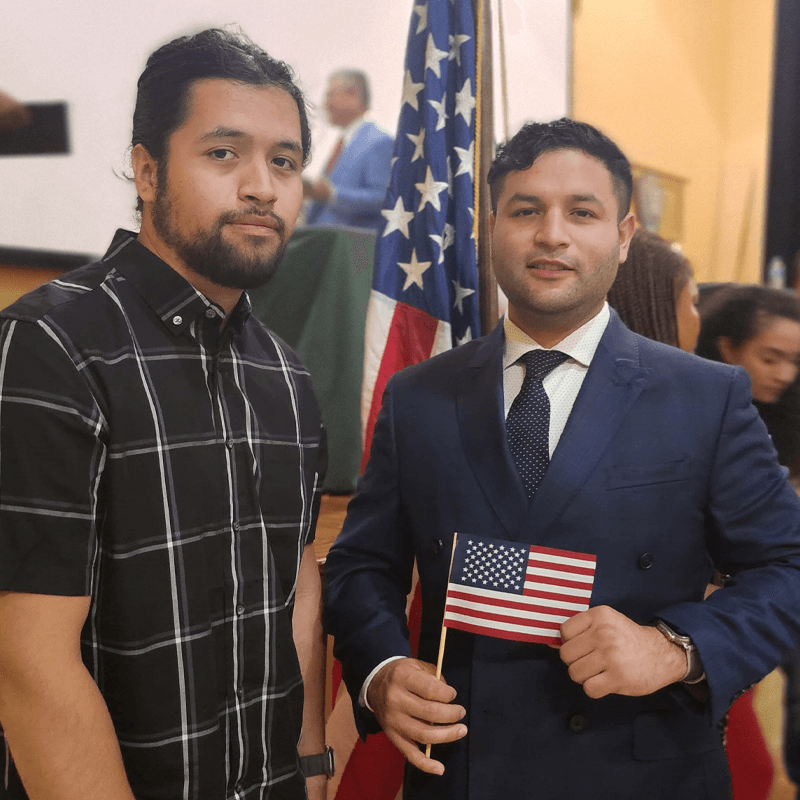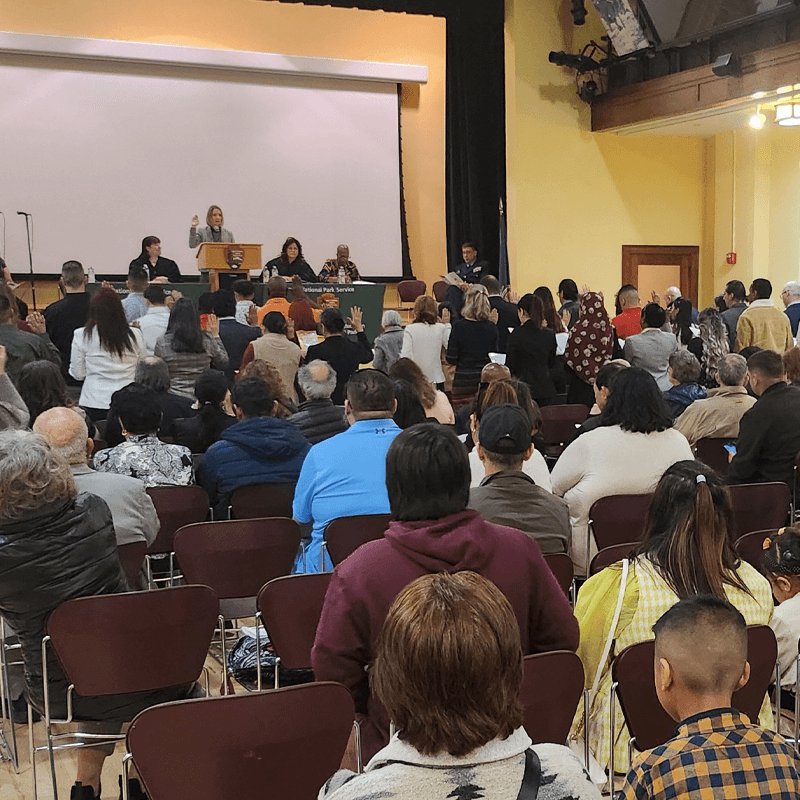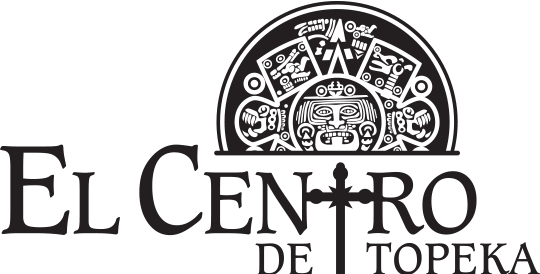Immigrant Assistance Clinic
Trusted Immigration Help for
Families and Individuals
Immigrant Assistance Clinic’s programs are staffed by experienced representatives accredited with the Department of Justice and administrative staff. We provide legal advice and representation to immigrants in a variety of matters, including:

Naturalization/
U.S. Citizenship
We help permanent residents take the next step toward becoming U.S. citizens.

Green Cards/
Permanent Residence
Our team supports families and individuals applying for lawful permanent residence.

Deferred Action for Childhood Arrivals (DACA)
We guide eligible youth through the DACA process with care and understanding.

Family
Reunification
We help loved ones reconnect by assisting with family-based immigration petitions.

Removal of Conditions of Residence
We support residents in renewing their green cards and maintaining their status.

Employment
Authorizations
We assist with applications for work permits so you can build your future with confidence.
How We Help Immigrants
The following programs are staffed by experienced representatives accredited with the Department of Justice and administrative staff:
- Help eligible immigrants obtain legal status and work authorizations
- Provide legal immigration consultations
- Help Legal Permanent Residents become Citizens
- Connecting immigrants in deportation/removal proceedings with legal offices who can represent them in Immigration Court and provide assistance with applications for asylum, employment authorization, immigration court motions, and other items.
Contact Us for Help
To be eligible for our services, immigrants must be low and moderate income. An initial consultation does not guarantee legal representation. Please note, we have limited capacity and may not be able to assist all who qualify and need services; you may be placed on a waitlist, referred to another provider, or asked to call back when appointments are available.
To request assistance with an affirmative immigration benefit (such as Citizenship, DACA, family petitions, etc.), please call us at 785-232-8207 Monday through Friday from 9 a.m. to 5 p.m.

Legal Permanent Resident (Green Card Holder)
Take the first steps toward becoming a Legal Permanent Resident.
To become a Legal Permanent Resident (LPR) of the United States, a person typically must be sponsored by a family member or employer, or qualify through refugee/asylee status or special programs. The process usually involves submitting Form I-130 (for family-based) or Form I-140 (for employment-based), followed by Form I-485 for Adjustment of Status if the applicant is already in the U.S., or consular processing if they are abroad. Applicants must pass background checks and a medical exam before receiving their green card.
U.S. Citizenship (Naturalization)
Discover what’s involved in becoming a U.S. citizen and how to get started.
To become a U.S. citizen through naturalization, an individual must first be a Legal Permanent Resident for at least 5 years (or 3 years if married to a U.S. citizen), demonstrate continuous residence, good moral character, and the ability to read, write, and speak basic English. They must pass a civics test and complete Form N-400. The process concludes with an interview and oath ceremony, after which the person becomes a U.S. citizen.


DACA (Deferred Action for Childhood Arrivals)
See if you or a loved one may qualify for DACA and how to begin the process.
DACA is a program for undocumented immigrants who came to the U.S. as children. To apply, individuals must have arrived before age 16, lived continuously in the U.S. since June 15, 2007, and met educational or military service requirements. Applicants submit Form I-821D, Form I-765, and supporting documents. DACA grants protection from deportation and a renewable work permit but does not provide a path to permanent residency or citizenship.
